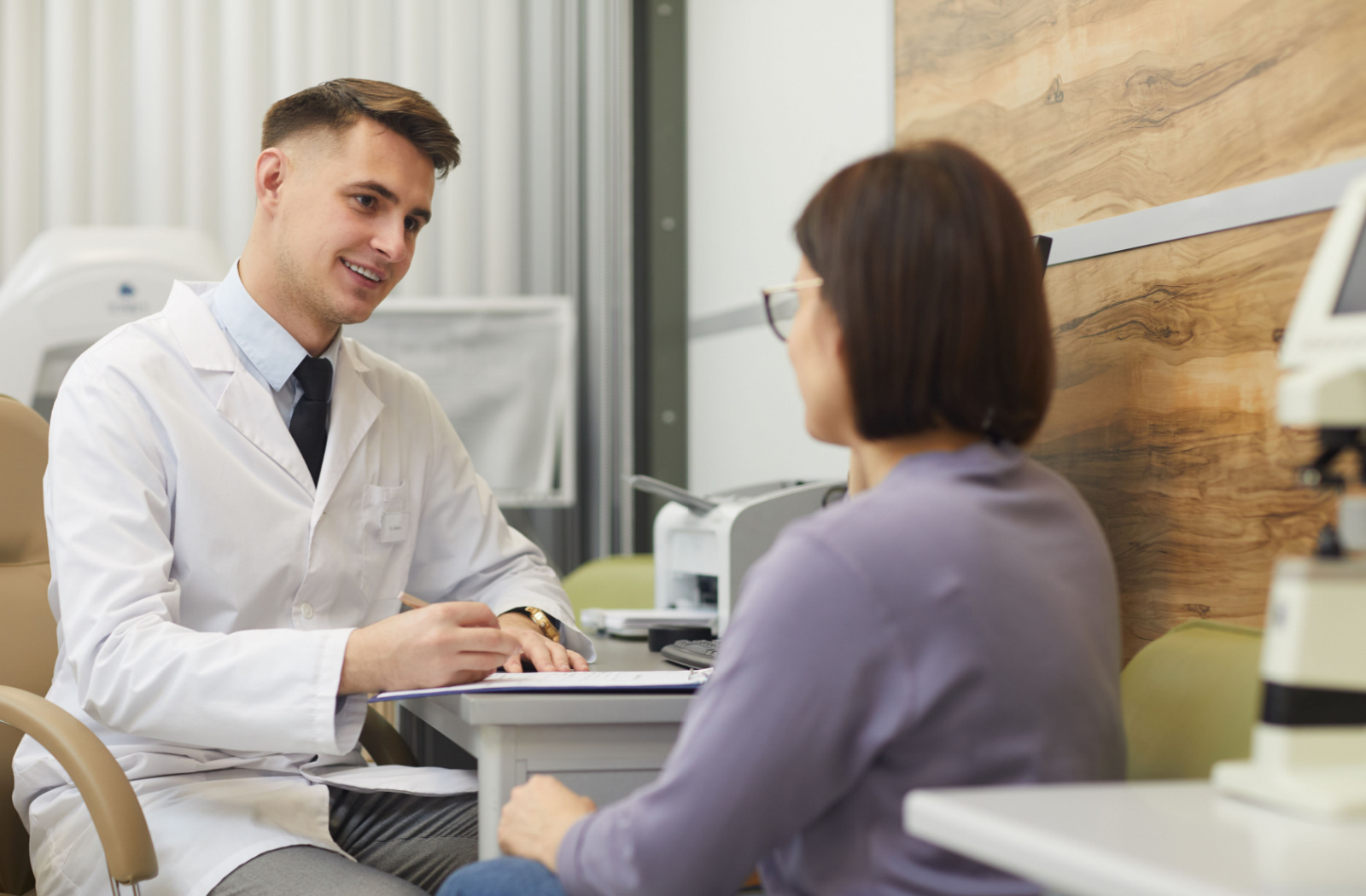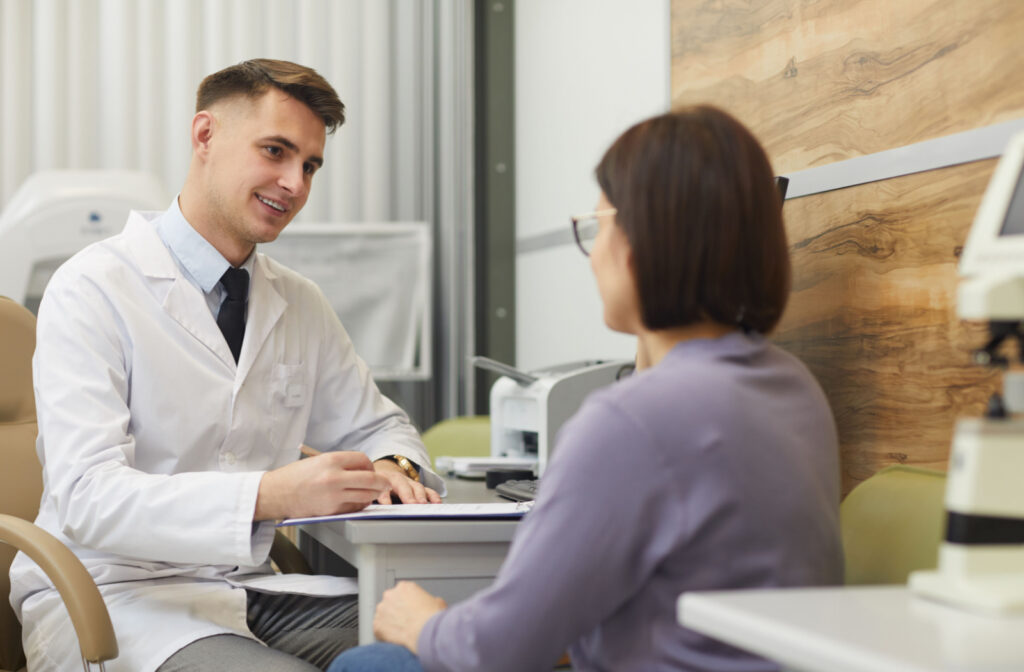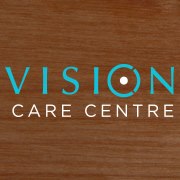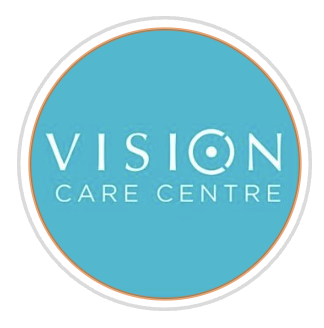Whether you are getting an eye exam for the first time or have been a regular patient, you may wonder about the duration of the exam and what tests your optometrist will conduct. Understanding the process can help alleviate your concerns, have a little fun, enable you to maximize the quality of your visit, and help you improve your eye health.
While the specific duration of the eye exam will vary, several factors can contribute to its overall length, including your medical history, symptoms or specific issues you have, pupil dilation, and the need for additional tests or procedures.
What to Expect
Generally, a routine eye exam takes around 20 minutes, although the visit can take longer depending on the tests you need. The exact tests depend on your age, abilities, and general health.
Before your actual eye exam begins, you’ll need to complete some paperwork. This paperwork usually includes medical history, insurance information, and consent forms. This step typically takes around 5–10 minutes but can vary depending on the complexity of your medical history.
During your initial meeting, you and your eye doctor will review your medical history, vision changes, and your eye concerns. Your optometrist may ask about your occupation, eye strain, or regular use of contact lenses, all of which can affect your vision.
Personalized Exams
Most eye exams include visual acuity, peripheral vision, and colour vision testing, but eye exams are not one-size-fits-all. Your eye doctor will tailor the process to your specific needs.
Your eye doctor will tailor the process to your specific needs. For example, if you’re in for a prescription update, your eye doctor will use an autorefractor and keratometer, which is a computer-controlled machine used during an eye exam to provide an objective measurement of your refractive error and prescription for glasses or contact lenses. It’s quick, simple and painless.
If you have diabetes or high blood pressure, your eye doctor is likely to perform a dilated eye exam so they can better examine your retina. Alternatively, if you’re over 50, your eye doctor will check for age-related eye conditions, like:
- Macular degeneration affects the central part of the retina, causes blurred or distorted vision, and makes daily activities like reading or driving challenging. A non-invasive testing option includes an Optomap. This test allows the doctor to see almost all of your retina. It’s also useful for detecting retinal tears or detachments, and other health problems like diabetes and high blood pressure.
- Cataracts are cloudy formations on the eye’s natural lens and can cause blurry vision and difficulty seeing in low-light conditions. Eye exams help identify cataracts and review your options for improved vision.
- Presbyopia is a common refraction error that affects everyone as they get older. It occurs when the eye’s lens becomes less flexible, making it hard to focus on things up close.
- Glaucoma damages the optic nerve and can lead to irreversible vision loss if left untreated. A no-contact tonometer is used to measure the pressure inside your eyes, which is important for detecting glaucoma. The best part? It doesn’t involve any poking or prodding of the eye.
If you have gritty, dry, irritated eyes, they may perform a dry eye test. Your eye doctor has the option to use meibography: This is an imaging technique used to visualize and document the morphology of meibomian glands in your eyelids. These glands produce oil that forms a part of the tear film on the eye surface. If they’re not functioning properly, it could lead to dry eye syndrome.
If you spend a lot of time using a computer, they may evaluate you for digital eye strain using neurolens. Neurolens is a new treatment option for people experiencing symptoms like headaches, neck/shoulder pain and eye strain while using digital devices. The Neurolens measurement device objectively measures the degree of eye misalignment at near and far and provides a custom prescription for each patient.
Children’s eye exams also differ from adult eye exams. Personalized exams ensure that the unique aspects of your vision and eye health are addressed.
More than Just Your Routine Exam
A comprehensive eye exam delves into various aspects of your overall eye health. It may include assessments of your eye alignment and coordination and visualization of your retina and optic nerve.
Optical Coherence Tomography
For patients 50 years and above, using an OCT is common. OCT uses light waves to take cross-sectional images of the retina and optic nerve. This noninvasive, 10-minute test allows your optometrist to see the layers of the retina, optic nerve, and other vital structures. It’s useful in diagnosing and managing eye diseases like glaucoma and macular degeneration, among others.
Eye Alignment & Coordination
Eye alignment and coordination refer to how your eyes work together as a team. Your optometrist may perform several tests to check how well your eyes converge (move together) when focusing on near objects and diverge (move apart) when focusing on far objects.
Poor eye alignment and coordination may result in double vision or amblyopia.
Retinal Imaging
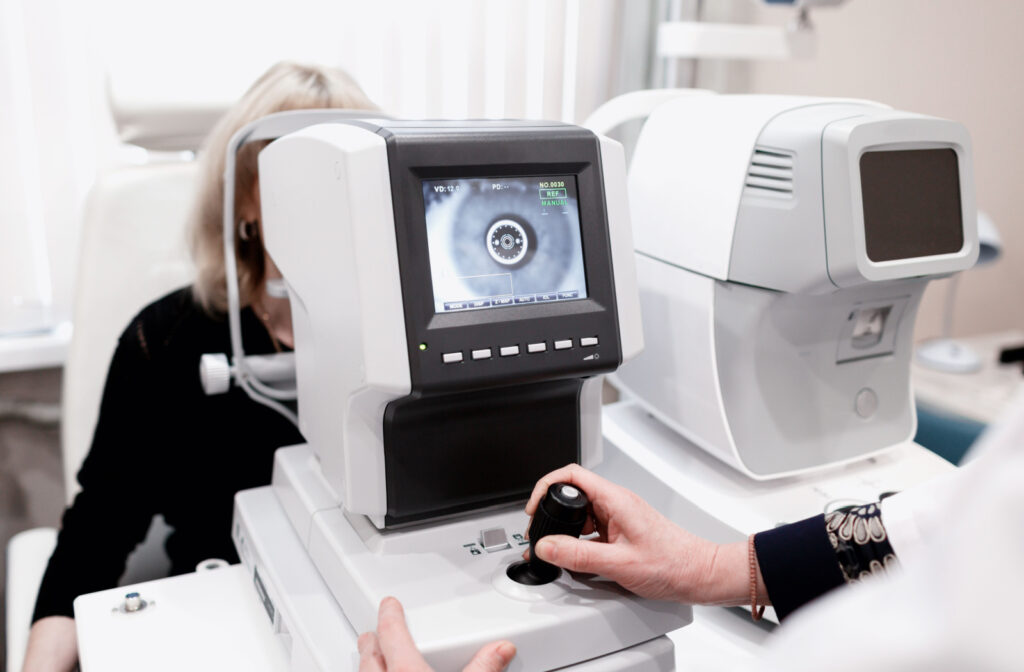
Retinal imaging uses advanced cameras and software to capture high-definition colour images of the back of the eye. These images help optometrists examine your retina’s blood vessels, optic nerve, and macula for signs of macular degeneration, diabetic retinopathy, or retinal tears or holes that require immediate treatment.
Taking the Time for Your Eye Health
An eye exam is a vital aspect of sustaining your eye health, detecting vision problems, and preventing eye diseases.
A personalized and comprehensive eye exam may take some time, but it’s worth it to help keep all aspects of your eyes protected. Prioritizing your eye health and taking the time for regular eye exams can help your vision stay sharp and your eyes stay healthy.Proper preparation and communication with your eye doctor about your concerns can go a long way in ensuring you have a comfortable and efficient eye exam experience. Vision Care Centre is here for you, so book an appointment today.

